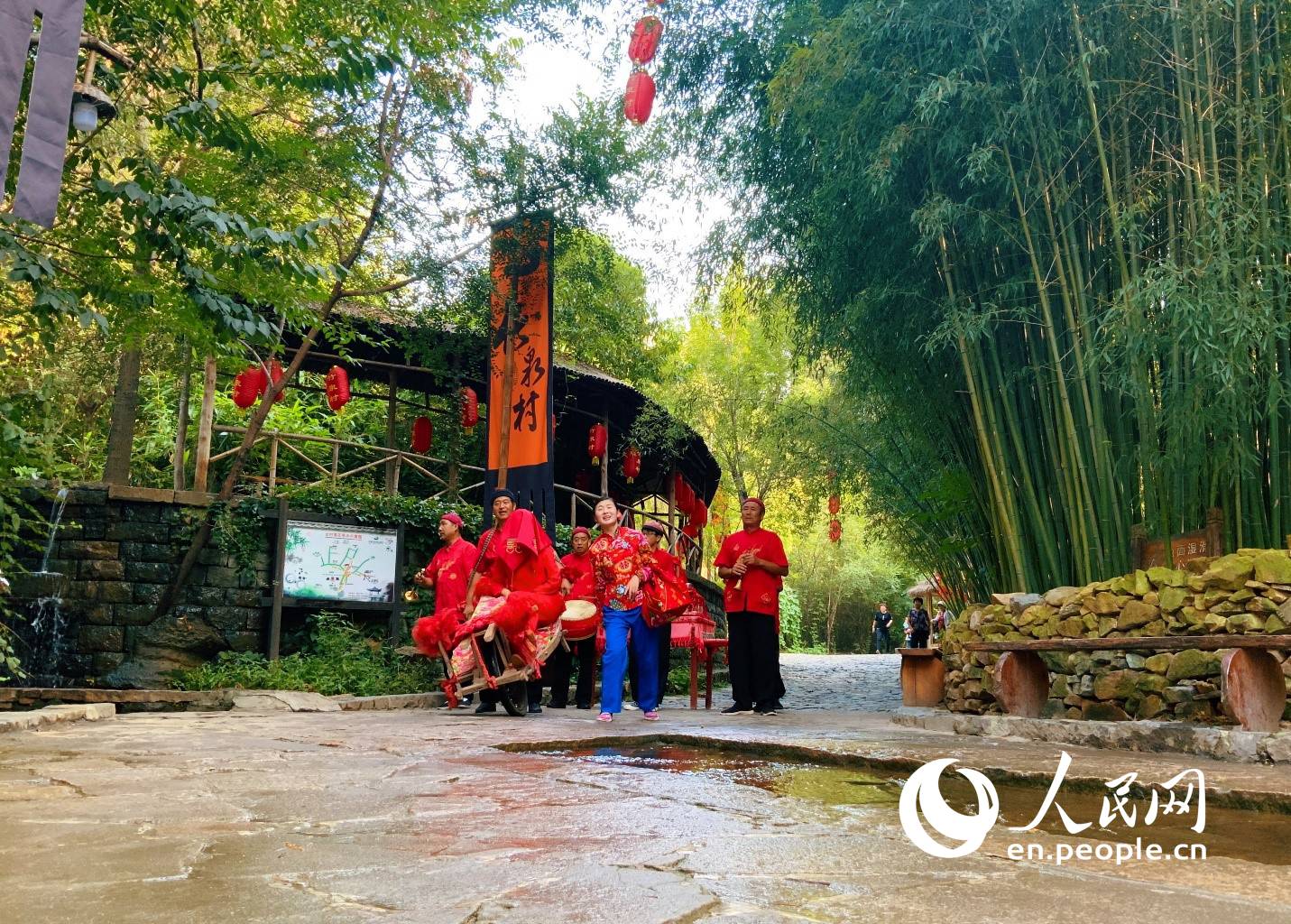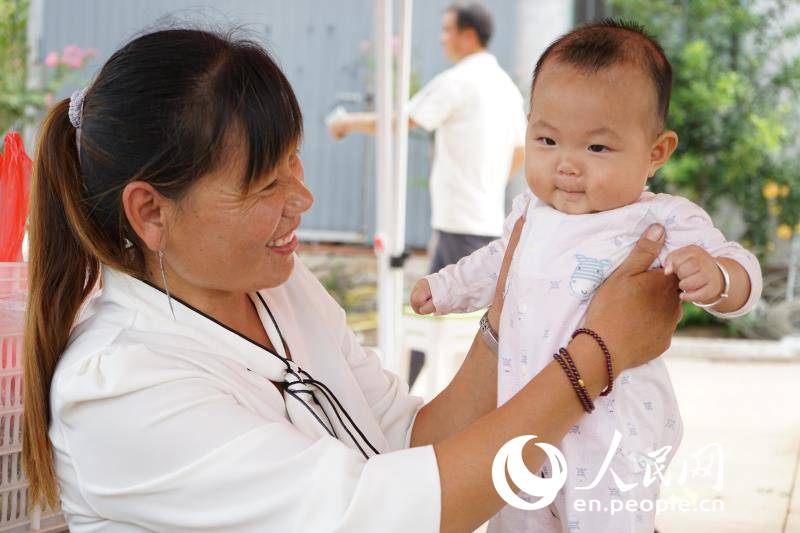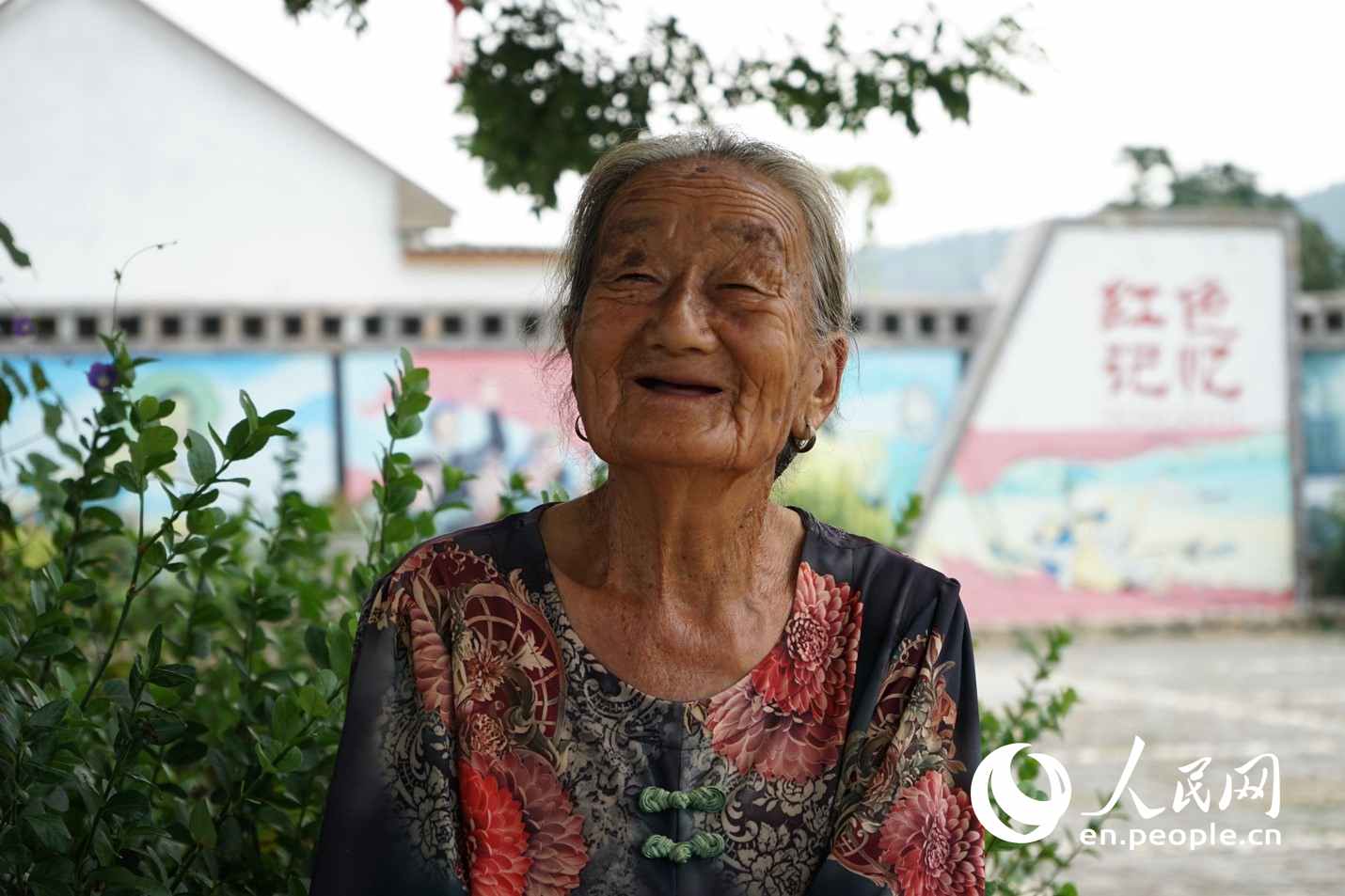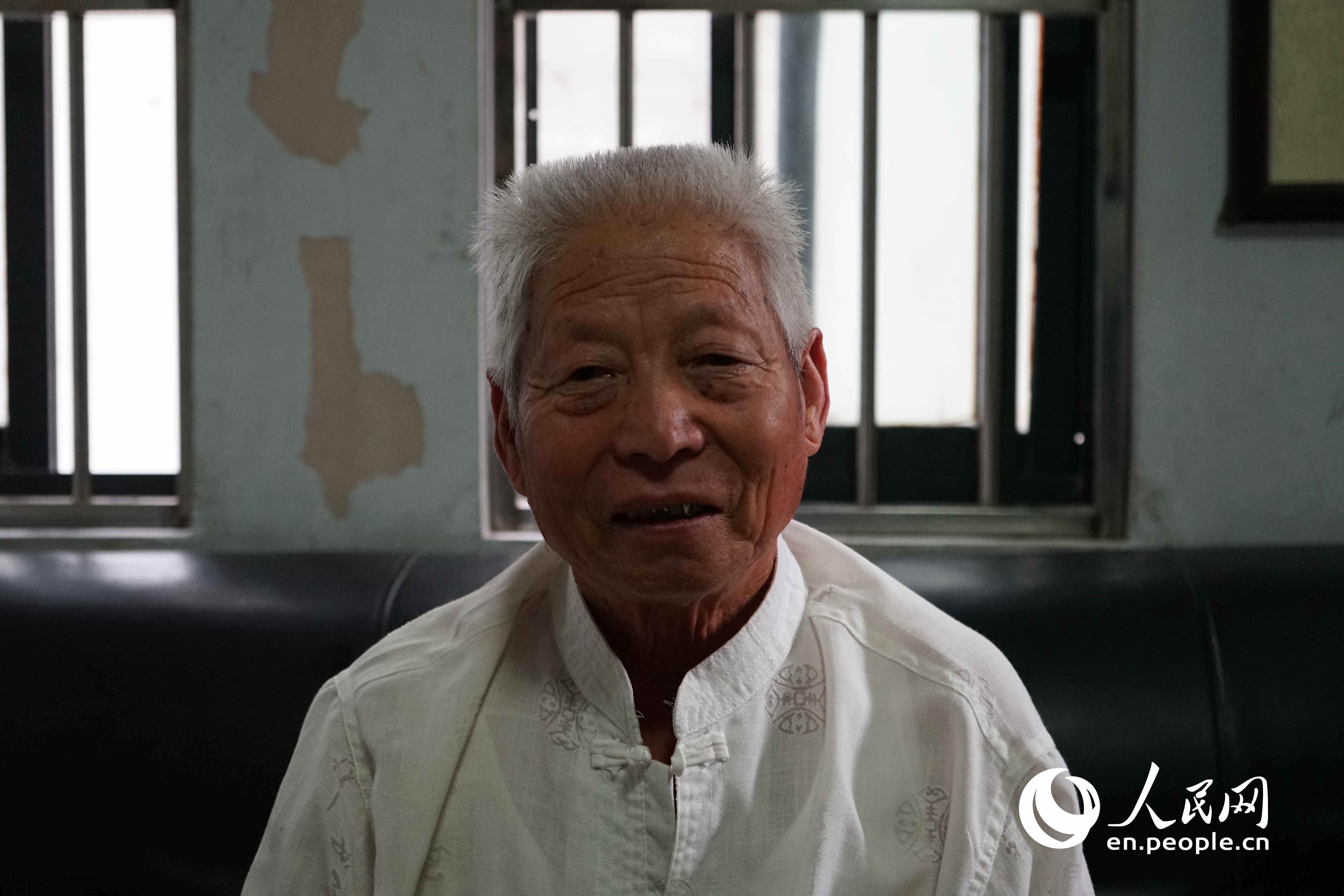

Nestled in the mountains of Eastern China, Shandong Province is the world's sixth-most populous sub national entity. It is the birthplace of Confucius, a religious centre that has nourished Chinese Buddhism and Taoism, as well as a modern tech and economic hub. It is also China's vanguard of poverty alleviation, fulfilling the task of eradicating absolute poverty in 2018, two years ahead of China's national anti-poverty plan.
For the past few decades, millions of poor families in Shandong who have been lifted out of poverty are now enjoying a humble yet happy life. Once sorrow-laden, their faces are now filled with content smiles. Like the famous Russian writer Fodor Dostoevsky said: "if you wish to glimpse inside a human soul and get to know a man, don't bother analysing his ways of being silent, of talking, of weeping; you will get better results if you just watch him laugh." To explore stories behind Shandong's poverty alleviation efforts, we have encountered several locals who were once living in poverty, now wearing genuine smiles, sharing their happiness with us all.
New path to a better life

Young performers showcase a traditional marital ceremony to visitors.(People's Daily Online/Kou Jie)
Wandering in Bamboo Spring Village , Linyi city of Shandong Province, visitors can hardly imagine that this beautiful holiday resort was once a poverty-stricken backwater. The 400-year-old village is famous for its magnificent bamboo forests and limpid springs, yet its remoteness and barren lands have led to abject poverty, with its residents only earning a yearly income of less than 4,000 yuan (about $570) over a decade ago.
The situation started to change in 2007, when the local authorities decided to transform the village into a holiday resort and cultural tourism site, creating cultural and creative centres, as well as shopping streets in ancient style to attract tourists. After years of development, the booming tourism industry has provided job opportunities to 640 villagers, with their yearly income increasing tenfold in a decade. Over 8 million tourists have visited the village in the past 10 years, while 160 shops have been established, helping local farmers to sell their products.
"After retirement, I became a staff member of the village resort, weaving bamboo artwork for the visitors. Every month, I can earn at least 2,000 yuan extra without leaving my doorway," said former local official Gao Shouhui.
As its economy grows steadily, young villagers who once left home for job opportunities have returned home, with some setting up their own shops to sell local specialities, and others creating performance companies, demonstrating local marital ceremonies to the visitors.

Overcoming poverty, Sun Siliang now has his own design shop and costume store online. (People's Daily Online/Kou Jie)
Sunzhuang Village in Heze, Shandong Province, is another example of a successful transformation in eradicating poverty. Among its 760 registered households, 560 have opened their own online costume stores, offering job opportunities to over 1,800 residents. In 2019, the village's annual income reached over 200 million yuan (over 29 million USD).
Forty-five-year-old Sun SiLiang has benefited from the rising costume industry. Having two kids and a wife with kidney diseases, Sun's family was once poverty-stricken. Despite his great effort to work several jobs, his annual income was only 7,000 yuan.
"I was pretty devastated, it seems to me that no matter how hard I work, I can never get out of poverty. My wife's illness makes our family even poorer; I didn't know what I should do," Sun shared.
Learning of his situation, local authorities decided to provide him with an interest-free loan to start his own online costume store, as well as cover 95 percent of his wife's medical bills. Sun's life started to get better, with his annual income exceeding 100,000 yuan (over $14,600) in 2019.
"I have confidence in my business now. I am also exploring new opportunities by designing my own costumes," said Sun proudly.

An owner of an agritainment center in Heze, Shandong Province with her baby. (People's Daily Online/Li Qiaochu)
Currently, there are 307 villages like Sunzhuang Village in Heze, with over 180,000 online stores and 51 online business industrial zones, online businesses have provided 480,000 job opportunities to poor residents. In the first half of 2020, Heze's online business income reached over 204.3 billion yuan.
Twilight years in comfort

Song Chuanrong feels content with her current life. (People's Daily Online/Li Qiaochu)
Surrounded by inaccessible mountains, Liuxinzhuang village was once the poorest region in Linyi, Shandong Province. Song Chuanrong, 94, has spent all her years in this small village, along with another 554 residents.
"When my first son was 12 years old, my husband died because of poverty. I had to raise all the kids on my own, as well as work on a farm day and night. I don't even know how I survived those years," said Song.
Due to the geographical isolation, agriculture was the only pillar of the local economy. Lacking sufficient modern farming tools and fertilizer in the past, the harvest could hardly sustain the locals, let alone could selling products for extra income. With the help of advanced technologies and governmental investment, eco-tourism resorts, Chinese rose plantations and vineyards have been built in the village, attracting tourists and enterprises across the nation, enriching the local residents.
"My son has a peanut farm now, and my family is getting richer and richer," said Song, who is now living in a refurbished apartment provided by the local government.
Inside Song's new residence, a board containing information about Shandong's poverty alleviation policies, as well as a QR code looks staggeringly bold. By scanning the QR code, social and health workers who take care of Song can leave their assistance records in a computer system, which is supervised by both the local authorities and the public. Song's personal information, including her state of health is also included in the QR code, making it easier for her to visit family doctors.
"I like my new house, and our life is getting better and better," she shared.

Li Quanxue and his wife live in an elderly center created for poor elderly. (People's Daily Online/Li Qiaochu)
Forty-six kilometres away from Song's residence, 79-year-old Li Quanxue and his wife have been living in an apartment for the elderly in Dai Village for eight years. Built by local authorities, the apartments are free for elderly people who are over 60 years old. The village committee also provides free annual health checks for all of the residents, covering 80 to 90 percent of their medical bills.

The poor elderly can now enjoy their twilight years without worrying about anything. (People's Daily Online/Li Qiaochu)
"When it comes to national holidays and festivals, the local authorities also provide us with gifts including food and commodity. Each week, volunteers will come to help us clean our apartment," said Li.
Currently, 192 elderly couples have moved into the apartments who are now enjoying their twilight years. Most expenses are covered by local authorities, as the village is now cultivating new industries including animal farming and tourism, which has significantly boosted the local economy, creating more revenue for all of the residents.
"Years ago, we had no money and were underfed, poverty had taken all our hopes away. Now we can finally enjoy a happy life, without worrying about anything, life here cannot be better," said Li.

 Award-winning photos show poverty reduction achievements in NE China's Jilin province
Award-winning photos show poverty reduction achievements in NE China's Jilin province People dance to greet advent of New Year in Ameiqituo Town, Guizhou
People dance to greet advent of New Year in Ameiqituo Town, Guizhou Fire brigade in Shanghai holds group wedding
Fire brigade in Shanghai holds group wedding Tourists enjoy ice sculptures in Datan Town, north China
Tourists enjoy ice sculptures in Datan Town, north China Sunset scenery of Dayan Pagoda in Xi'an
Sunset scenery of Dayan Pagoda in Xi'an Tourists have fun at scenic spot in Nanlong Town, NW China
Tourists have fun at scenic spot in Nanlong Town, NW China Harbin attracts tourists by making best use of ice in winter
Harbin attracts tourists by making best use of ice in winter In pics: FIS Alpine Ski Women's World Cup Slalom
In pics: FIS Alpine Ski Women's World Cup Slalom Black-necked cranes rest at reservoir in Lhunzhub County, Lhasa
Black-necked cranes rest at reservoir in Lhunzhub County, Lhasa China's FAST telescope will be available to foreign scientists in April
China's FAST telescope will be available to foreign scientists in April